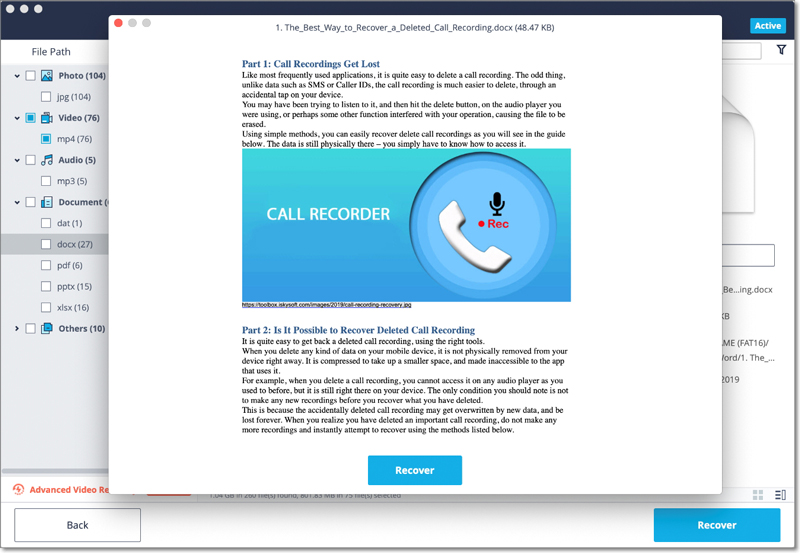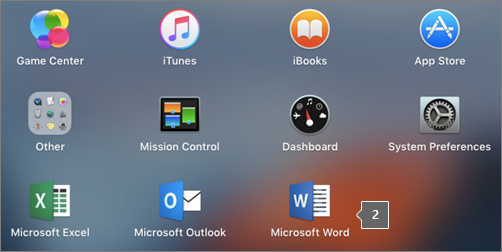Mac Microsoft Word Opens At Startup Rating: 4,0/5 6563 votes
- Excel Opens On Startup Windows 10
- Microsoft Word Launches At Startup
- Mac Microsoft Word Opens At Startup Mac
- Word Opens When Starting Computer
- Excel Automatically Opens On Startup
Start MS Word and click on the File menu. Choose the Open option and it will open up a dialog box where you can select the Word file which needs repair. While you are selecting the file, at the right bottom side of the window, choose the Repair option and click on the Ok button. Jun 19, 2019 When I use Word or Excel one day, and when I've finished on my pc for the day and shut down. The next day when I switch the PC on, a blank Word or Excel sheet (whichever I used last the day before) will open on up on my screen on startup without me touching anything. Find or open the Startup folder location with Kutool for Word. With the Word Startup Location of Kutool for Word, you can open the Startup location with one click. Kutools for Word, a handy add-in, includes groups of tools to ease your work and enhance your ability of.
Note
Office 365 ProPlus is being renamed to Microsoft 365 Apps for enterprise. For more information about this change, read this blog post.
Summary
This article describes how to prevent files from automatically opening when you start Microsoft Excel.
More information

When you start Excel, all the files that are located in the XLStart folder are automatically opened. This behavior occurs regardless of the kind of file. Additionally, if you specified an alternative startup folder for Excel, every file in that folder is also automatically opened.To remove an alternative startup folder:
- Select the File menu and then select Options.
- Select the Advanced tab and then locate the General section.
- Clear the box next to 'At startup, open all files in:'.
Excel might stop responding or take longer to start if either of the following conditions is true:
- The files in either startup folder aren't valid Excel workbooks or worksheets.
- The files are stored on a network drive that has a slow network connection.
How to prevent files from automatically opening in Excel
Use one of the following methods to prevent files from automatically opening when you start Excel.
Remove files from the XLStart folder and the alternative startup folders
To remove files from the XLStart folder and the alternative startup folders, follow these steps:
Select Start, and then select Run.
In the Open box, type one of the following and press Enter:
For Office365 or 2019 32 bit:
C:Program Files (x86)Microsoft OfficerootxxXLSTART
For Office365 or 2019 64 bit:
C:Program FilesMicrosoft OfficerootxxXLSTART
Microsoft windows 7 installation disc for mac. Where 'xx' represents the version that you are using (for example, Office15, Office14, etc.).
Also try the following:
- %appdata%MicrosoftexcelXLSTART
- C:UsersUserNameAppDataRoamingMicrosoftexcelXLSTART
Delete any files in the XLStart folder or move them to another folder.
Restart Excel.
Start Excel in safe mode
Note
This is only a temporary solution that will not fix the issue. To use this method, it must be done every time that you start Excel.
Off by one. If you purchased an auto-renew subscription from Apple via the iTunes Store, you will need to cancel your subscription with Apple. If you purchased an auto-renew subscription from another retailer, you may have to cancel your subscription with that retailer.
Another method for preventing files from automatically opening is to start Excel in safe mode. Starting Excel in safe mode prevents all Excel add-ins, toolbar customizations, and startup folders from loading when the program is started.
There are two ways to start Excel in safe mode: the CTRL key and command-line switches.
Using the CTRL key
Excel Opens On Startup Windows 10
To start Excel in safe mode, hold down the CTRL key while you start Excel. You will receive the following message: Excel has detected that you are holding down the CTRL key. Do you want to start Excel in Safe mode? Select Yes to start in safe mode.
You can then delete files from the alternative startup location as described earlier.
Use Command-line switches
In all versions of Excel, you can use a command-line switch to start Excel in safe mode.Both the /safe switch and the /automation switch can be used for this purpose.
Note
The /safe switch starts Excel in safe mode. The /automation switch disables all automatically opened files and auto-run macros.
To use a command-line switch to start Excel, follow these steps:
Select Start, and then select Run.
In the Open box, type either of the following lines (but not both):
excel.exe /safe
excel.exe /automation
Select OK.
Note
If Microsoft Windows Installer starts when you use one of these command-lines switches, clickCancel to finish starting Excel.
Microsoft Word Launches At Startup
Press the ESCAPE key
Note

This is only a temporary solution that will not fix the issue. To use this method, it must be done every time that you start Excel.
Another method for preventing files from automatically opening is to press the ESCAPE key (but do not press and hold). When you press ESCAPE after the files start to open, Excel is prevented from opening additional files.
Using this method, you may receive one or both of the following messages:
Mac Microsoft Word Opens At Startup Mac
- Would you like to cancel opening all files from your Alternate Startup File Location?
- Would you like to cancel opening all files from your XLStart Location?
If you click Yes in either message, Excel starts without opening any additional files from the startup locations.
Note
Do not hold the ESCAPE key. If you do this, the messages will be closed before you can click Yes.
Word Opens When Starting Computer
References
Excel Automatically Opens On Startup
For more information about Excel startup folders, see the following Microsoft Knowledge Base articles: